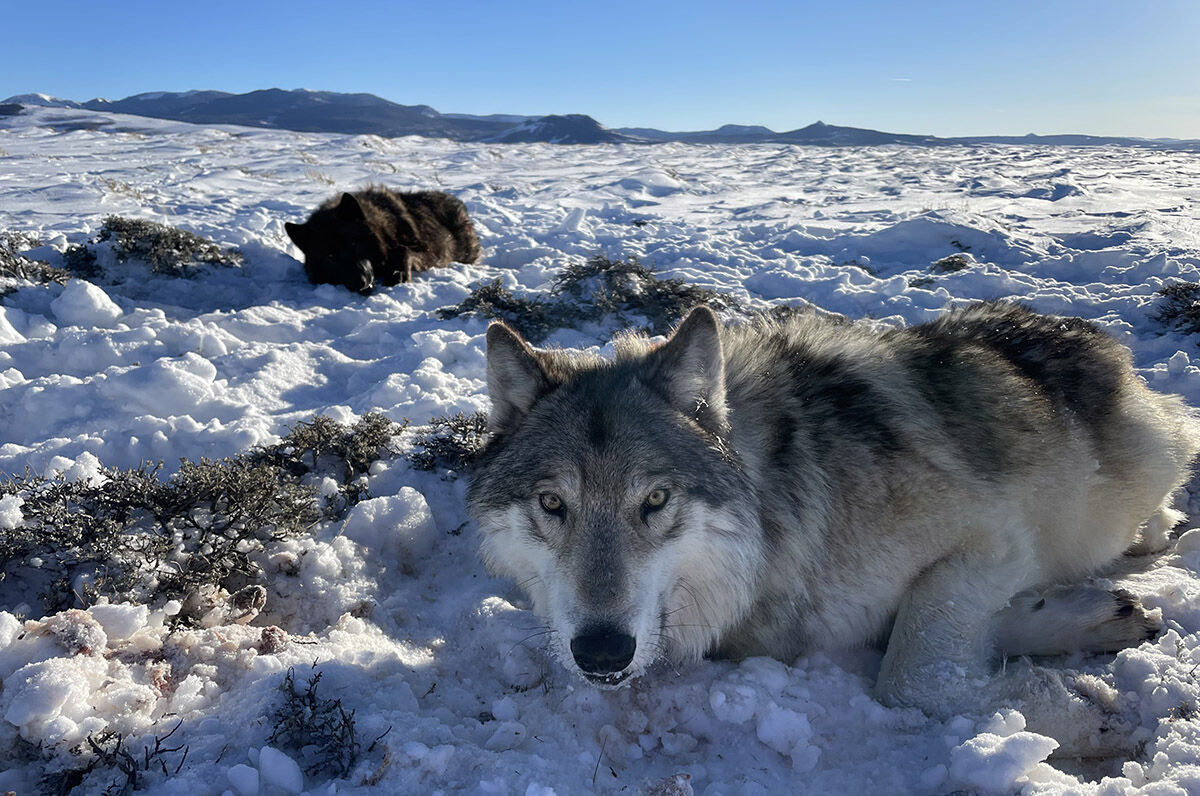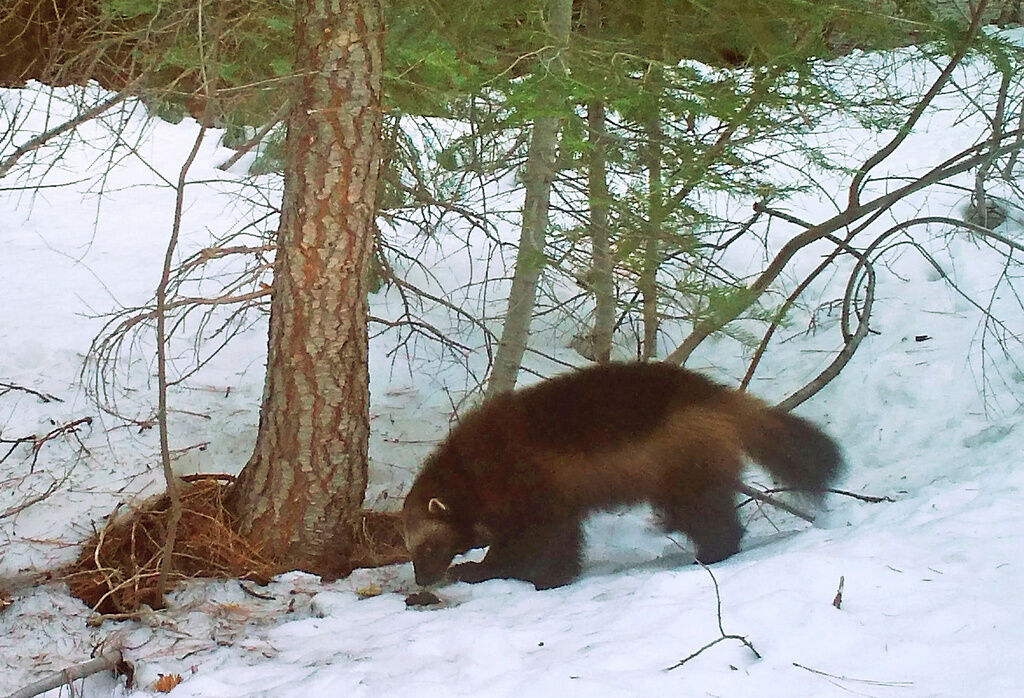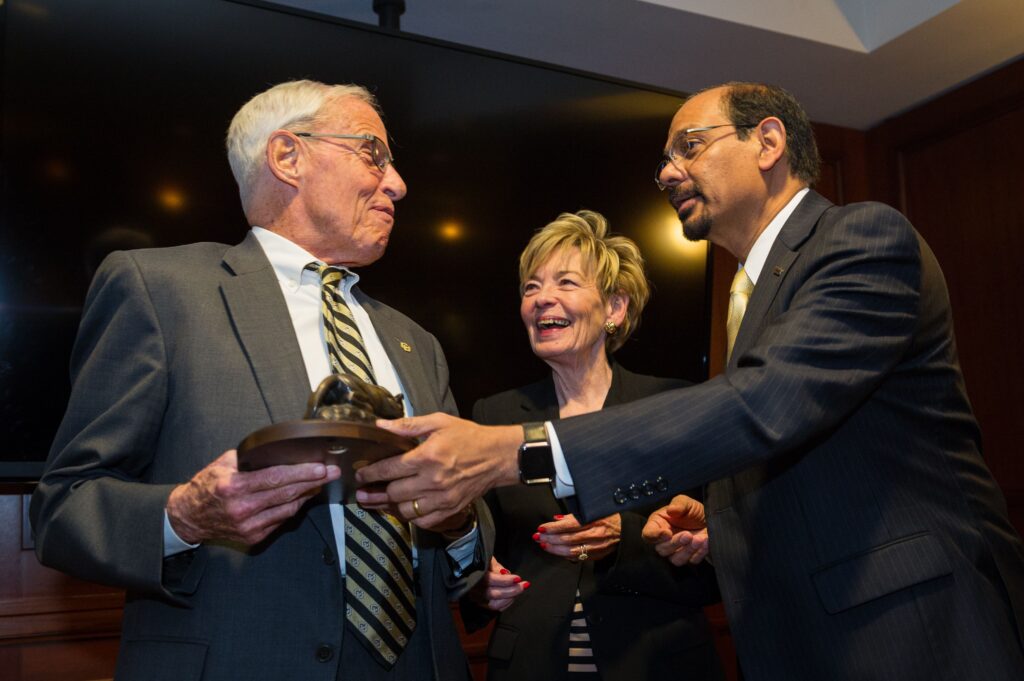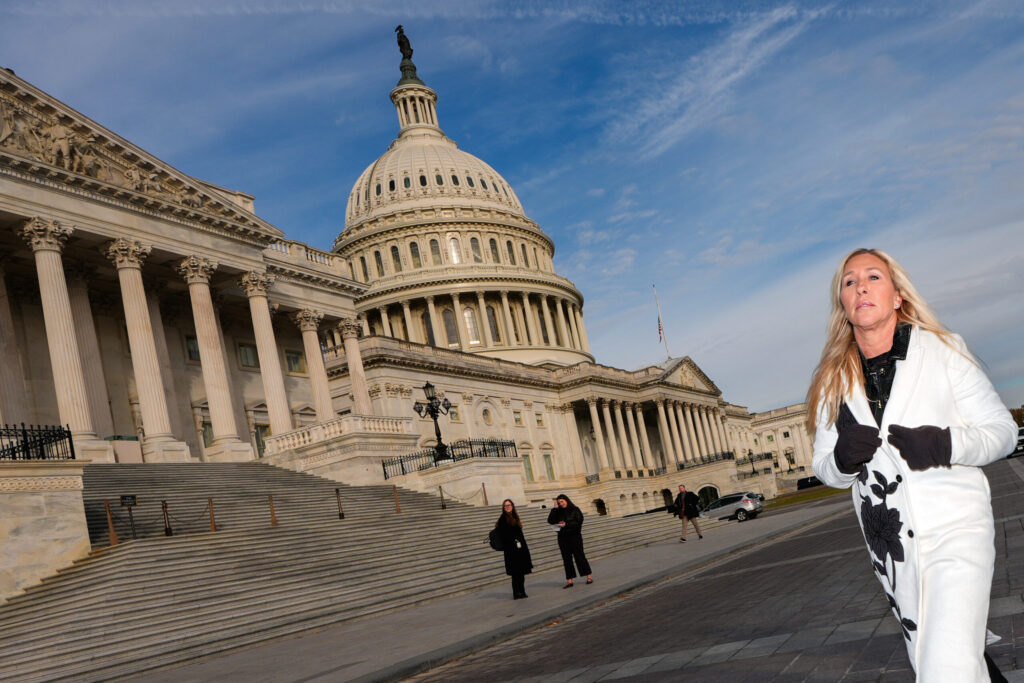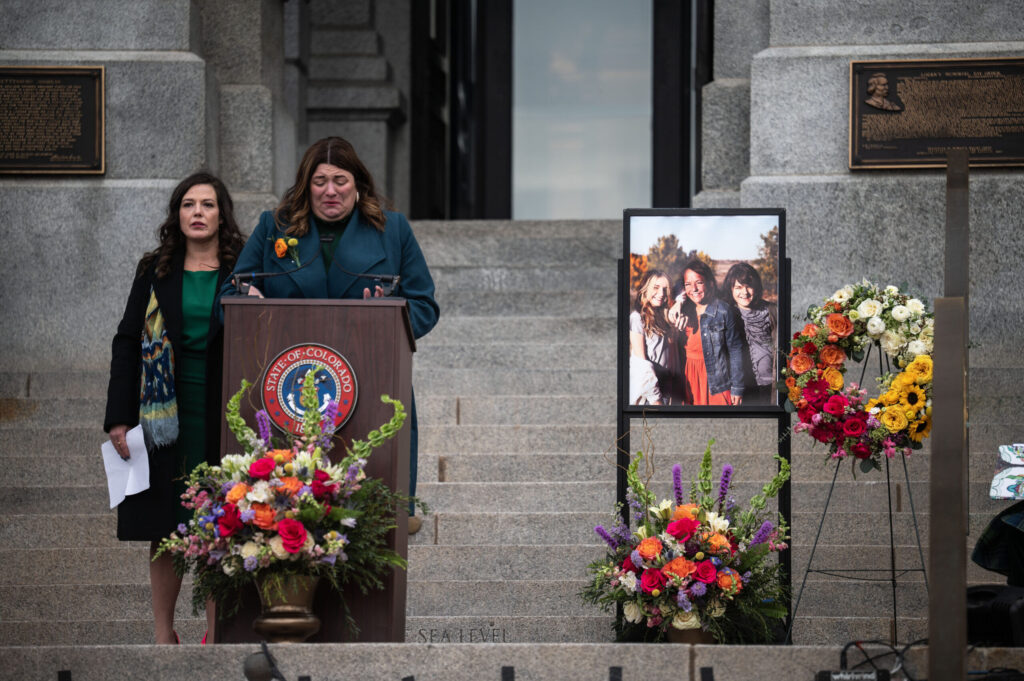Colorado lawmakers guts wolf reintroduction bill to avoid gubernatorial veto
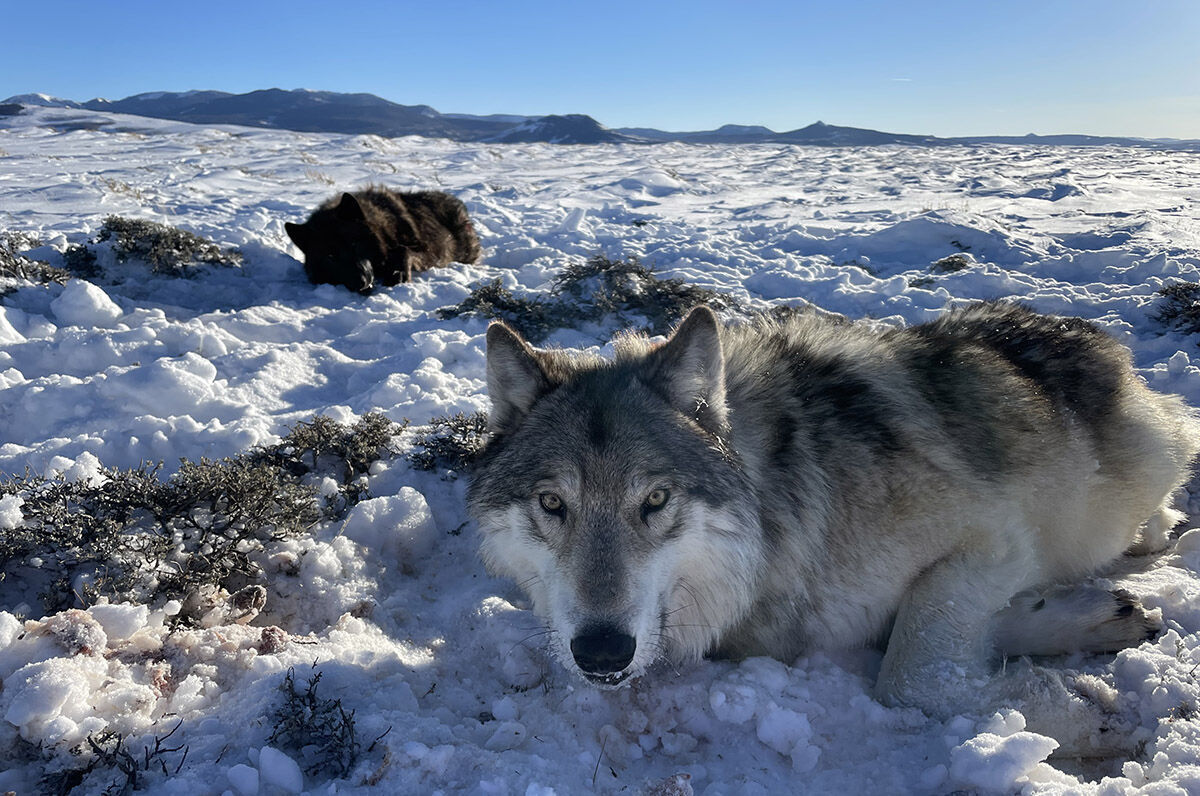
The bill to move Colorado forward on its voter-approved requirement to reintroduce the gray wolf won preliminary approval from the Senate Friday – but with major changes intended to avoid a possible gubernatorial veto.
Senate Bill 256 focuses on the efforts of the Colorado Division of Parks and Wildlife to obtain what’s known as a 10(j) rule from the U.S. Fish & Wildlife Service.
That rule would allow wolves to be classified as a nonessential, experimental population, with the state taking the lead role on managing the population. USFWS, which is currently in the rule-making process, is expected to finalize the 10(j) rule by mid-December.
Under 10(j) – and with wolves listed as a nonessential, experimental population – the state plan would allow for “lethal takes,” the killing of wolves attacking livestock, for example, as well as other non-lethal management tools.
As introduced, SB 256 required all legal challenges to 10(j) be completed before wolves can be reintroduced. That could take years, opponents claim. The federal statute of limitations requires all legal challenges to be filed within six years, but opponents noted that someone could file a legal challenge at the end of that six-year period and years of litigation could ensue, further delaying reintroduction.
The bill also required the state to obtain the 10(j) designation before reintroduction.
But Gov. Jared Polis, who also advocates for the 10(j) rule, opposes the process laid out in SB 256.
On Friday, the Senate Appropriations Committee gutted the sections of the bill opposed by the governor.
Sen. Dylan Roberts, D-Avon, told the appropriations committee the amendments proposed would remove the sections of the bill that have generated the most controversy and opposition from the governor, although he didn’t specifically mention the governor’s stance.
That’s the part of the bill that said the state had to obtain the 10(j) rule before reintroduction, the language around legal challenges and a requirement that reintroduction would not happen without an environmental impact statement from the federal government.
The Senate also approved on Friday a companion bill tied to compensation for ranchers whose livestock are killed by wolves.
Both bills are likely to see final votes in the Senate on Monday and then off to the House for further action.
